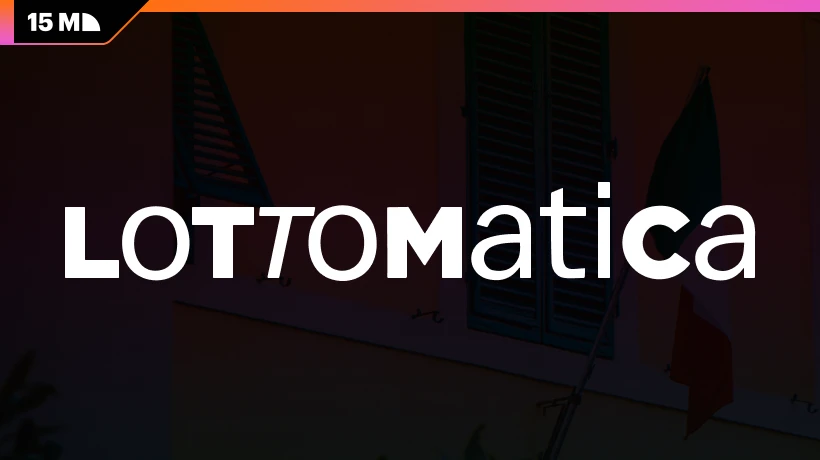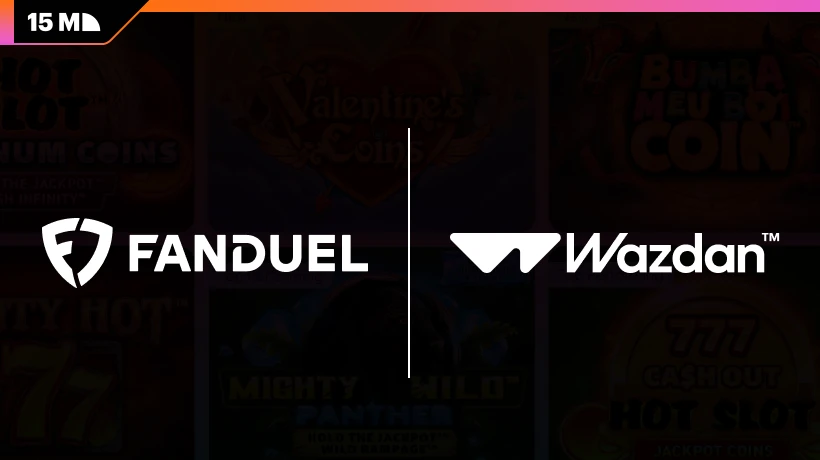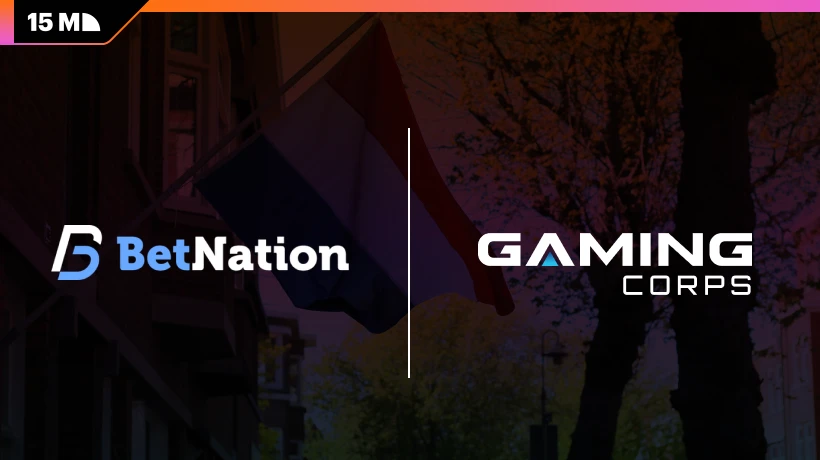Brazil’s telecommunications regulator Anatel signed a deal with two key partners last week. The Ministry of Finance’s betting division (SPA) and the National Association of Gaming and Lotteries (ANJL) joined the agreement.
ANJL represents licensed operators in Brazil. The trade group will help build technical infrastructure for blocking illegal sites. They’re funding the new cyber lab that gives Anatel better enforcement tools.
Anatel President Carlos Baigorri called this “a decisive step” toward better enforcement. He wants stronger tech barriers and better consumer education about unlicensed platforms.
SPA Secretary Régis Dudena said getting industry support shows “alignment of public and private interests” in fighting illegal operators.
Why Brazil Needs Faster Blocking Tools
Illegal betting sites drain money from regulated operators who pay taxes and follow rules. These unlicensed platforms don’t verify player ages or offer responsible gambling tools.
The current blocking process takes too long. Sites pop back up quickly after getting shut down. Some operators just change their domain name and continue operating within days.
Licensed operators lose business to illegal competitors who don’t follow Brazil’s betting regulations. It creates an unfair playing field where rule-followers get undercut by operators who avoid compliance costs.
Authorities also pointed out that blocking unlawful sites redirects money into public coffers instead of offshore accounts. Every real lost to illegal operators means less tax revenue for Brazil.
What the Cyber Lab Actually Does
The new facility will give Anatel advanced technical tools for identifying and blocking illegal betting domains. ANJL is funding and supporting the lab’s creation.
It builds on an existing agreement between Anatel and the Finance Ministry. That deal already allows direct information sharing to speed up blocking requests. The Technical Cooperation Agreement created a direct information flow between the two agencies.
The lab aims to make enforcement “faster, more transparent and more robust,” according to the agreement terms. SPA provides guidelines on which sites need blocking based on their licensing database.
Pietro Cardia Lorenzoni, ANJL’s Legal Director, said the group wants to “support authorities in building a regulated sector by bringing good practices.”
How This Changes Brazil’s Betting Enforcement
The setup cuts response time between identifying illegal operators and actually blocking them. And it should make blocks harder to circumvent with simple domain changes.
Brazil’s been ramping up enforcement since launching its regulated betting market. The Finance Ministry also partnered with the Digital Council of Brazil recently to remove illegal betting ads from online platforms.
Licensed operators now have a direct channel to flag suspicious competitors. The cyber lab gives regulators tools to act on those reports quickly.
The initiative shows Brazil’s taking a tech-forward approach to market protection. Other regulated markets in Latin America might adopt similar models if this works well.







